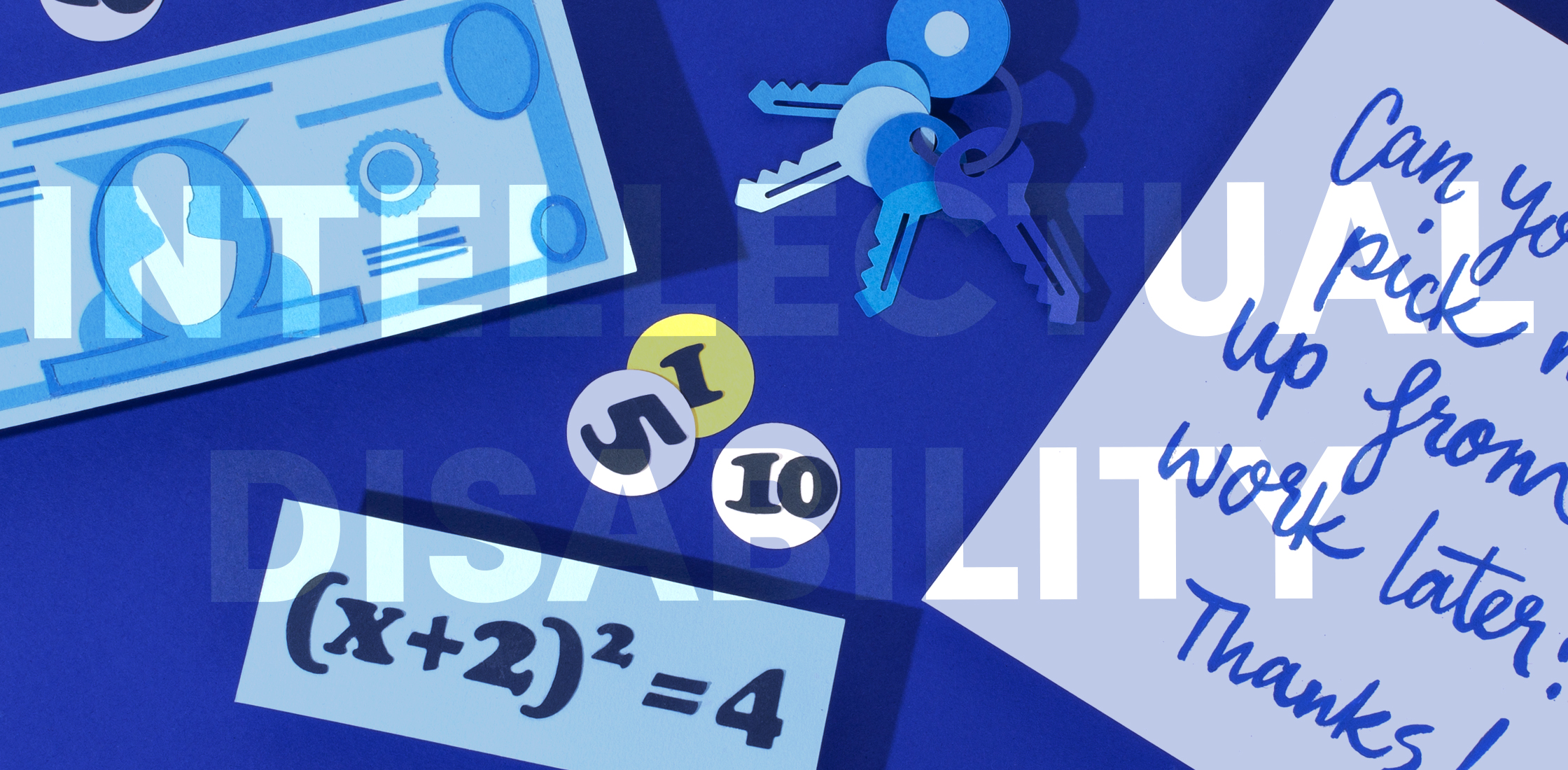Walter Kaufmann
Director of Rett Syndrome Program
Boston Children's Hospital
From this contributor
Intellectual disability’s introduction in the DSM-5: What’s the impact?
The move to replace ‘mental retardation’ with ‘intellectual disability’ is widely accepted, but little data exist on the impact of this change.

Intellectual disability’s introduction in the DSM-5: What’s the impact?
Intellectual disability’s DSM-5 debut
The newest edition of the Diagnostic and Statistical Manual of Mental Disorders relies on intellectual function in daily life, both for diagnosing intellectual disability and for determining its level of severity, says Walter Kaufmann.
Explore more from The Transmitter
Neuro’s ark: Spying on the secret sensory world of ticks
Carola Städele, a self-proclaimed “tick magnet,” studies the arachnids’ sensory neurobiology—in other words, how these tiny parasites zero in on their next meal.

Neuro’s ark: Spying on the secret sensory world of ticks
Carola Städele, a self-proclaimed “tick magnet,” studies the arachnids’ sensory neurobiology—in other words, how these tiny parasites zero in on their next meal.
Autism in old age, and more
Here is a roundup of autism-related news and research spotted around the web for the week of 2 March.

Autism in old age, and more
Here is a roundup of autism-related news and research spotted around the web for the week of 2 March.
Lack of reviewers threatens robustness of neuroscience literature
Simple math suggests that small groups of scientists can significantly bias peer review.

Lack of reviewers threatens robustness of neuroscience literature
Simple math suggests that small groups of scientists can significantly bias peer review.
